5 ways to avoid burnout in animal activism
30 Second Summary
Burnout is a common challenge for activists, causing emotional, psychological, and physical exhaustion. Recognizing signs like constant fatigue, cynicism, and feeling ineffective is crucial. To combat burnout, celebrate small wins, journal regularly to process emotions, seek support from peers or professional help, and remember why you started your activism. Balancing self-care with activism ensures long-term sustainability and effectiveness in the movement.
Fighting an entire world insistent on the exploitation and abuse of animals for personal gain is overwhelming. It’s distressing. It’s bewildering. It’s hard work. And, by consequence, it can be exhausting.
Image Source: Hello Magazine
One study, titled “Burnout in Social Justice and Human Rights Activists” [conducted by Cher Chen and Paul Gorski], describes burnout as “the deterioration of psychological, emotional, and physical well-being coupled with feelings of hopelessness.” This intense mix of negative feelings can quickly lead to activists feeling like the only solution is to step away from the movement. Not only does this detriment the individual, but it weakens the overall effectiveness of activism. We need activists. And more importantly - we need activists who feel empowered, determined, and supported.
For that to happen, we need to know when burnout is brewing - in ourselves and in others - and actively respond to those signs to prevent them from magnifying.
1. Recognising signs of burnout
We can’t prevent burnout from happening if we don’t know anything about it. Which is why the first (and perhaps most important) thing we can do is recognise the signs of burnout.
Mental Health UK lists the most common signs of burnout as:
Feeling tired or drained most of the time
Feeling helpless, trapped and/or defeated
Feeling detached/alone in the world
Having a cynical/negative outlook
Self-doubt
Procrastinating and taking longer to get things done
Feeling overwhelmed
Additionally, specific signs of burnout in activists include:
Feeling like you aren’t making a difference/lost your sense of purpose
Apathy towards the movement
Feelings of self-sacrifice or martyrdom
Irritability or impatience towards others
Can you identify with these symptoms? Or can you identify these symptoms in other activists? If so, it could be burnout.
If you personally feel this way, then don’t worry. The rest of this article is here to support you with that.
If you recognize burnout in a friend or colleague, try reaching out to them. You can begin by expressing a concern for their wellbeing and asking if they would be okay to discuss that with you. If they consent - you could go through the list above and see if they relate to any of the symptoms. If they do, it could be worth exploring the following preventive measures with them…
2. Celebrate the wins
One of the leading causes of burnout in activism is that the work is never done. Progress can feel slow; at times, it can even feel regressive. When you put so much of your time and energy and focus into something you can’t identify tangible results from, it’s easy to feel like giving up.
But the wins are there. And you are contributing to them.
Whether that’s attending a protest or outreach event, having constructive conversations with friends or family, or cooking a meal for someone who says “That tofu actually tastes alright, you know!”. Every action we take - big or small - is progress.
The decision to remove yourself from the cycle of animal abuse is already a huge step forward. Anything you do beyond that is a win.
Take a moment to reflect on your contribution every day. Write it down. Tell the person in the mirror. Or say it in your head. And when the big wins come, which they will, celebrate them!
3. Journal
One of the most powerful things we can do to help understand and explore our thoughts and feelings is to keep a journal. This doesn’t have to mean extensive, handwritten entries detailing every aspect of your day or your feelings (although it can be). You could just write down three things you were grateful for today. Or think of one stand out event that initiated an emotional reaction, and explore why you felt that way about it.
“Through journaling, we are taking charge of our body’s stress reaction by quieting the sympathetic nervous system (the fight-or-flight response) and activating the parasympathetic nervous system (the rest-and-digest) system.”
Besides the scientifically backed health benefits of expressive writing, exploring how we feel can help us understand why we feel that way. This self-awareness is vital to our growth as individuals and helps us identify what is important to us. As a result, we can reduce some of those burnout symptoms.
And remember: your journal entries don’t need to be perfectly written. That’s not the aim of this exercise. It’s about getting what you feel out of your head so you can bring focus, clarity, and equanimity back into your life and your activism.
Some useful journaling apps include:
Or, if you prefer the old fashioned way of pen and paper, here’s a list of prompts to help get you started.
4. Seek support
Activists are particularly susceptible to symptoms of burnout. Feeling compelled to act in the face of oppression is emotionally taxing. In fact, it has been referred to in one study by Goodwin and Pfaff as “emotional labour”.
“[Activists] put pressure on themselves to have a significant impact on the world around them… [which] requires activists to develop a deep understanding of overwhelming social conditions related to suffering and oppression—conditions that society as a whole often is ‘unable or unwilling to face’. This burden weighing on [Social Justice and Human Rights] activists’ consciousness increases their levels of stress and self-inflicted pressure, elevating the threat of activist burnout”
You’re taking on a lot by being active. And carrying that weight solo is never a good idea. Which is why it’s important to remember - you are not alone. If you haven’t already, join an animal activist or vegan community near you. Not only is this a great way to effectively evoke change, but you’ll meet like-minded people who also get it and can offer you peer support. We The Free also offer a range of support and resources for Activist Mental Health. So remember if you need help, just ask.
Also - never underestimate the power of reaching out to someone you trust for support. Talking things through with someone you feel comfortable with can help shift perspective on the problems you’re facing. There’s always a chance they may know what you need at that moment more than you do.
5. Remember the “why"
“Faith is having the audacity to believe in the not-yet seen”
When we choose to become active, it’s because we aren't satisfied with the way things are. But social movements can take decades to establish change. The results of activism are rarely ever immediate and often happen through gradual awareness, slow reform, and symbolic gestures which grow over time as a result of our continuous, combined efforts. It may also mean we are never satisfied with the way things are.
But does that mean we stop? Hell no.
If burnout starts to kick in, it could be worth tilting how you approach your activism. Maybe you need to take a break from the frontline and spend time studying industry practices and ways to develop the movement. Maybe you need to step away from heated debates and attend peaceful protests, demonstrations, or outreach events. Maybe you’ve spread yourself too thin and need to focus on one or two specific areas of the movement.
Whatever it is, remember why you decided to become active. Activism is not a short term solution. Activists are in this for the long run. That doesn’t mean we have to martyr ourselves and sacrifice everything for the sake of the cause, and it doesn’t mean we have to go at it full throttle every single day. It simply means we don’t give up.
Burnout is real. It does happen. If you’ve been doing it long enough, it probably will happen. But that doesn’t mean your involvement with activism has to end. You are an essential participant in this movement. The animals need you. So:
Recognise the signs.
Celebrate the wins.
Journal.
Seek support.
And remember your why.
You got this.
If you find that burnout has truly set in and you’re struggling to find a way to overcome it, you may need to seek professional help. Click here for an extensive guide from Mind on the number of ways you can get support.
Additional resources:
References - Effective Activist
Protection of Education in Conflict: An Evaluation of Humanitarian Programming - Journal of Human Rights Practice
Burnout - Mental Health UK
How to Avoid Activism Burnout - Edinburgh Counselling Service
Want To Avoid Burnout And Achieve Greater Success? Celebrate More - Forbes
The Emotional and Physical Health Benefits of Expressive Writing - Cambridge University Press
Passionate Politics: Emotions and Social Movements - Google Books
Journaling Has Some Serious Health Benefits—Here Are 4 You Need to Know About - Silk + Sonder
How Do Activists Create Change? - Kellogg Insight








Uncover the crucial differences between plant-based and vegan, and find out which one aligns with your values.